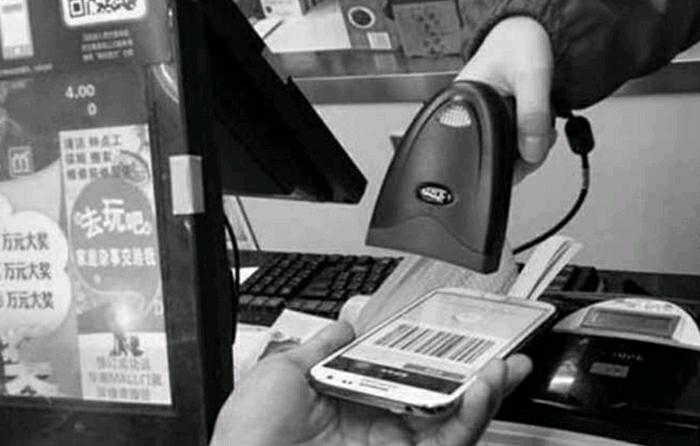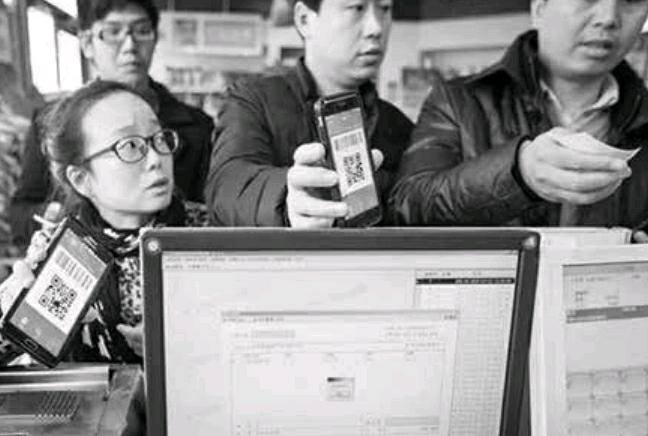No-cash Society is Coming in China?
2017-05-26

No-cash society - China is attracting global attention
On March 18, Chinas first “no cash union”was established in the recognized mobile payment city of Hangzhou having the first 15 members. The first members include Alipay, Carrefour China, the Capital Airport, Zhejiang Xinhua Bookstore and Finland Tourism Bureau and so on. It is reported that the “no cash union” plans to promote China into a no-cash society in five years, while attracting 30 million members, covering 100 countries and regions.
In fact, China is not the first country trying to build a no-cash society. Sweden has a bold attempt to build a no-cash society and achieved good results. In Swedish cities, many businesses have made it clear that no longer accept cash, 99% of the people accepted this. The difference is that Chinas exploration of no-cash society is greater than other countries, faster and more receptive. KPMGs previously published Global Consumer and Consolidated Survey Report shows that 66% of respondents worldwide are willing to use mobile wallet, while the result is 84% in China. In Hangzhou 98% of the taxi, more than 95% of the supermarkets and convenience stores, more than 80% of the food stores, as well as beauty salons, KTV and other industries are supported mobile payment. Some people even joked that if one day, beggars in Hangzhou city also use mobile payment, please do not feel surprise.
The Importance of Building a No-cash Society in China
The reasons why no-cash society cause much attention from people are due to the rapid development of mobile payment in the recent years Alipay, WeChat payment as the representative, covering peoples basic necessities, spreading to the every corner of the town, so that some people abandon the habit of using cash from a certain extent.
The benefits of “no cash society”are obvious. Xie Shuangcheng, the vice mayor of Hangzhou, believes that actively promoting the construction of no-cash society is far-reaching. “First of all, it will help reduce the threshold of financial services and promote economic development better. Second, it will not only help to reduce the use of cash and management costs, reduce the cost of currency issuance, but also accelerate the flow of economic and trade funds circulation. Third, it will help to establish a system of integrity which can effectively identify, prevent and combat cash transactions, bribery and other related all kinds of criminal acts, and to curb corruption. Fourth, it can continue to change peoples way of life, make life easier and more convenient and more intelligent.
The Advantages of Building a No-cash Society in China
Its a time to build a no-cash society in China. With the continuous development of new technologies, no cash society is the inevitable trend of the evolution of monetary form. Like copper instead of shells, banknotes instead of silver dollars, the final electronic currency will replace the banknotes as the currency which can now be predicted.
In fact, many countries central banks are paying attention to and researching electronic money. In November 2016, the Swedish central bank said it would consider making a decision to issue an “electronic krone” within two years and assessing the prohibition of cash in cash, which could make Sweden become the worlds first fully “digital cash” society. According to the Swedish Central Bank, the countrys non-cash transactions grew steadily, up 10% from the past 10 years, reaching a peak of 92%.
India is also sparing no effort to promote “no cash” transactions. Although the current cash transactions in India is still the mainstream, the Indian Ministry of Finance launched a package of policies related to peoples livelihood to encourage people to use electronic payment. Indian leaders have posted on social networking sites that digital deals are expected to end up with corruption and hope that more people will turn to digital deals. The Bank of England also said it was studying whether to issue digital money, the current research work is still in the initial stage. The Fed is constantly analyzing digital currency in-depth, to study its characteristics, impact, the technical support behind it. Singapore is applying to electronic currency test projects for cross-border transactions. In 2016, the Peoples Bank of China Institute of Print Science began to recruit digital money R & D personnel. Data show that from 2008 to 2012, the global cash transactions amounted to 11.6 trillion US dollars, an increase of only 1.75%, while the same period the amount of non-traditional payment transactions increased by nearly 14%.
The non-bank payment agencys“catfish effect” makes China in the field of non-cash payment has an active market players, which greatly accelerated the relevant technology changes and the rate of non-cash. Western developed countries because of a mature and perfect financial system, banks and related financial institutions are increasingly conservative, cashless payment mainly stays in the bank card payment, other mobile payment innovation is lackluster. With the rapid development of Chinas mobile Internet, third-party payment agencies grow rapidly. At present, the Peoples Bank of China has issued 267 payment licenses. Since 2010, Chinas third-party payment market maintain a more than 50% annual growth for 7 years, China has become a global leader. Chinas third-party payment total turnover is 57.9 trillion yuan in 2016, with growth rate of 85.6% compared to 2015. Among that mobile payment transaction size is 38.6 trillion yuan, about 50 times of that of the United States. Third-party payment market has become most mature industry in Chinas Internet financial industry as a basic service widely used in various industries.
